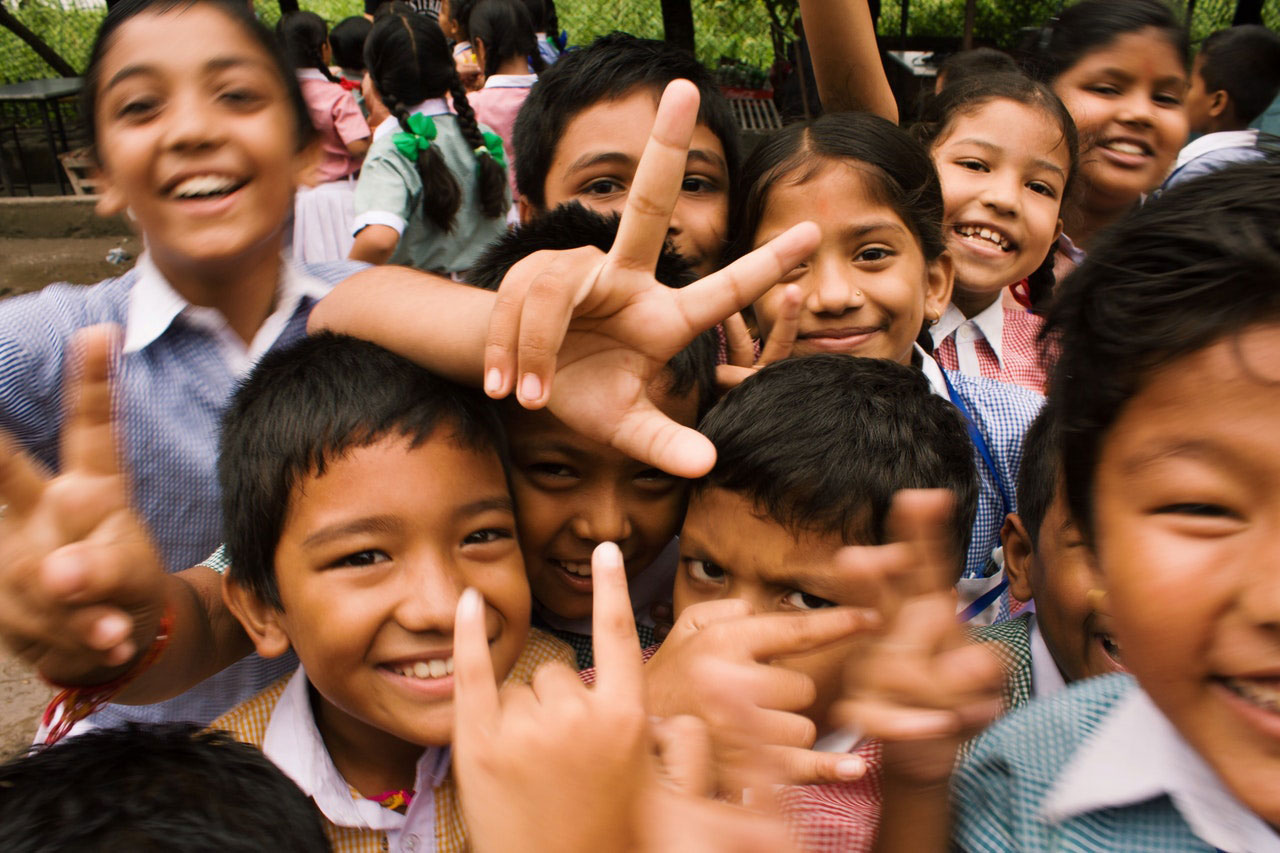In my last post, I talked about my nephews and how they will spend their toddler years unapologetically themselves. I’m no parent, but I would guess that one of the blessings of having children is getting insight into how it is to be a kid again. I want to go back to the days when I was more carefree. People demean such thoughts as childish. I want to think it’s more about being childlike. The best part about children is that they are pure in intention, authentic, and excited about the unknown. Very much the opposite of an adult, right?
I am made to believe that growing up is a promotion. At least, that’s how I felt when I finished kindergarten. As I get older, I look past who I am as a kid because that no longer matters. I’m grown now. The truth is that I grow in layers. The layers I call my adulthood are placed on top of my childhood. It makes sense when many go to therapy to dig deep within to heal childhood trauma. It doesn’t go away.
The reason why I would rather see myself as childlike instead of childish is because I need maturity. The more I know, the more I am responsible for knowing. My rationality or discernment should never be questioned in the hopes of becoming more childlike. So, what are some ways to help me think and act more like a child?
Start With Why?
No, this isn’t an excerpt from Simon Sinek. This is a call to action to know my motivations. What’s the most annoying question a child seems always to ask? “Why?” First, it tells us that children always stay curious. They also want to know why they are told to do what they do or say what to say. As I get older and more authority is presented, I lose my way to fear. Everything that I do is either obligation or unconsciousness. I don’t know why I do what I do anymore.
Authenticity
I talk about authenticity a lot. I think it’s one of my tenants and something I’m trying to grow into. Children are authentic because that’s the only thing they know. These kids don’t even know how to spell hypocrisy at young ages. It’s not a word that is a part of their vocabulary. Again, my expectations of each other drive us to things like people-pleasing. Correction of social norms creates fake personas for you and me. Children know who they are because that’s all they are. What if I got back to doing the things I wanted to do? There’s nothing wrong with receiving correction if the correction speaks to my heart.
Delight in Everything
I know this sense of self has left me. As an adult, I’m pretty much expected to know everything. In that case, I never wonder about things I don’t know. It’s just another fact I can check off the list. When a baby is born, everything is new. Every experience is new. What if I got back to that kind of wonder? What if I could go to work and every meeting was a discovery, more than figuring out how to make myself look stupid in front of people? I’m told to have discipline by maintaining routines, but what’s the point if I can never discover anything new? Maybe next time, I take a different route on my commute. I read a book I could never see myself reading. The world is infinite, but I put myself in such a bubble.
Remain Spontaneous
My nephews are spontaneous. They’ll do whatever if they stay within their mother’s boundaries. It feels like nothing is off-limits. I lose this feeling as I get older, and fear creeps in. Maybe the fear is warranted. I have a friend who was spontaneous enough to walk the streets of New York at night by herself. When I read that, I probably thought of the many things that could have gone wrong in that scenario. Maybe there is a bit of a risk tolerance, but I think this type of overthinking stops me from doing what I want. Going for that job, I don’t think I’m qualified for, or asking that person I see every day. It’s easy for a child to ask another child if they would like to play. Why is it so hard for an adult?
Questions and Responses
Feeling safe and vulnerable with a friend means expressing your thoughts, emotions, and concerns without fear of judgment or rejection. It’s about having someone you can trust to support and understand you, creating a sense of emotional security.
Carrying the weight of the world often leads to stress and burnout. Realizing you don’t have to face everything alone can help you focus on what truly matters and open up to support from others, making life feel more manageable.
Trusting that unseen forces, whether spiritual, universal or simply the goodwill of others, are working in your favor can reduce anxiety and instill hope. It allows you to focus on the present without worrying about the future.
While hard work has its place, constant hustling can lead to exhaustion and disconnection from what truly brings joy. Building a balanced life by prioritizing community, self-care, and meaningful relationships can often yield more fulfillment.
A collective family—biological, chosen, or communal—offers emotional, physical, and practical support. Knowing you have people to rely on can create a sense of belonging and reduce feelings of isolation.
Start by being present for others, offering support when needed, and fostering open communication. Small actions like checking in on friends, participating in local events, or simply sharing resources can help build a strong, supportive community.

